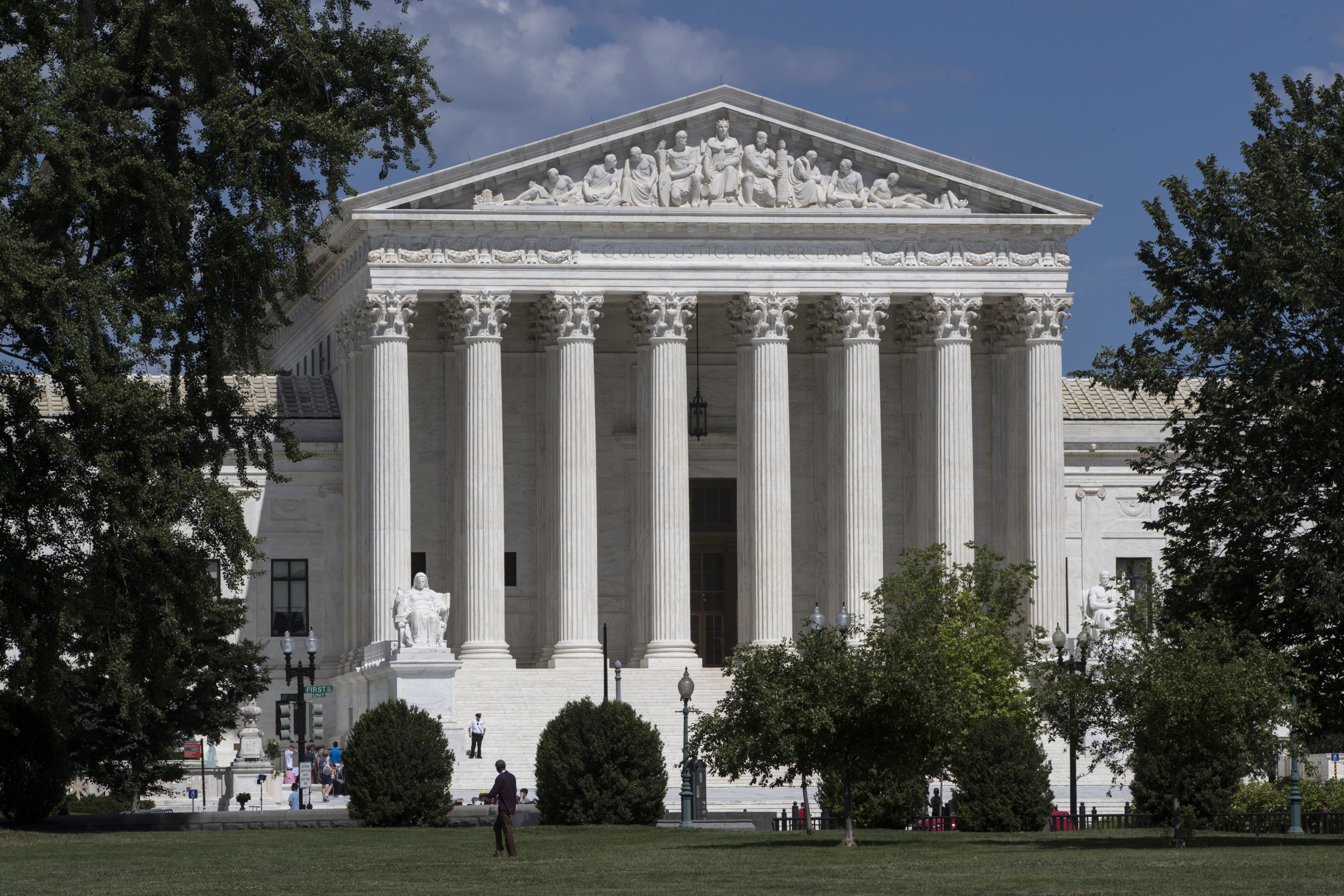By a 5-4 margin, the United States Supreme Court this morning upheld a controversial Ohio voter-purge law ruling that states may purge voters from the rolls due to their failure to cast a ballot.
The Supreme Court’s Husted v. A. Philip Randolph Institute ruling concluded that Ohio’s voter purge system did not violate federal laws. Justice Samuel Alito wrote the majority opinion with the court’s other conservatives signing on.
“It has been estimated that 24 million voter registrations in the United States — about one in eight — are either invalid or significantly inaccurate,” Alito writes. “And about 2.75 million people are said to be registered to vote in more than one State.”
Voting rights advocates say the ruling will disproportionately disenfranchise veterans along with poor and disabled people and people of color. Justice Stephen Breyer authored the dissent, which was joined by liberal justices Elena Kagan, Ruth Bader Ginsburg and Sonia Sotomayor, who also wrote a separate dissent.
“Communities that are disproportionately affected by unnecessarily harsh registration laws should not tolerate efforts to marginalize their influence in the political process, nor should allies who recognize blatant unfairness stand idly by,” Sotomayor wrote.










